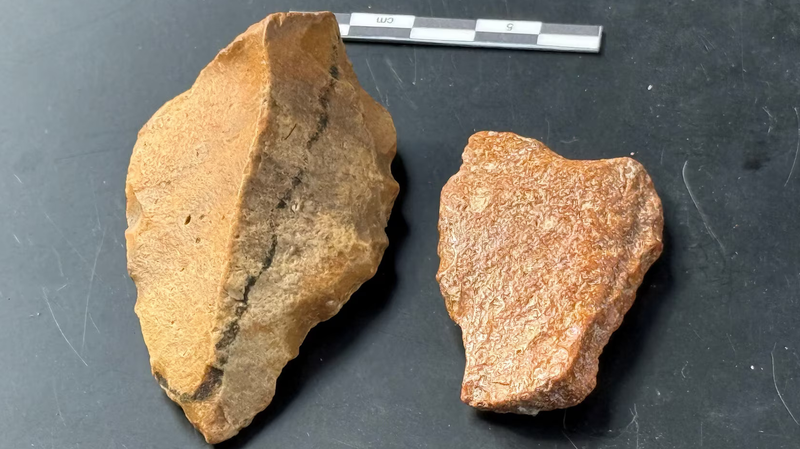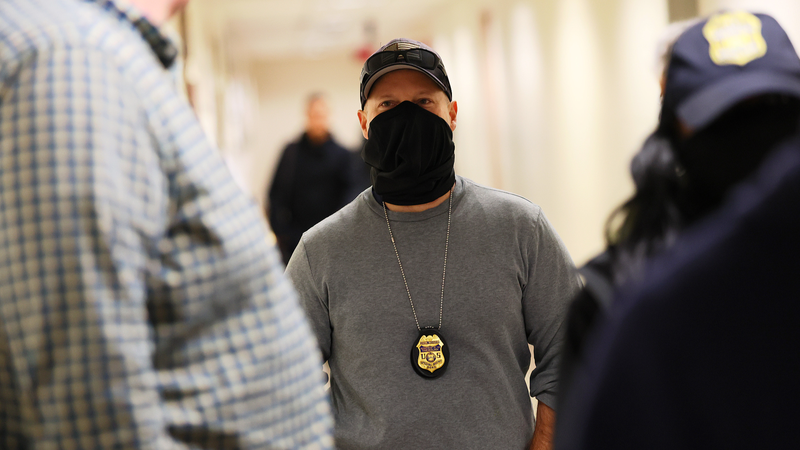Exciting news from Southeast Asia! Scientists in Indonesia have uncovered possible artefacts of the oldest known prehistoric humans in the region. The find, made in a remote area of Sulawesi, includes chipped stone tools and fragmentary bone pieces that researchers believe could be over 700,000 years old. If confirmed, this would push back the timeline of early human activity in Asia by hundreds of thousands of years. 🗺️🔬
Using methods like luminescence dating and microscopic analysis, the team is working to verify the site’s age and understand how these early hominins lived. The stone flakes show signs of cutting and scraping, suggesting our ancestors used them to prepare food and craft simple shelters.
Why it matters: So far, much of what we know about early humans in Asia comes from mainland discoveries. This new evidence from Indonesia could rewrite chapters in the story of human evolution, revealing that our prehistoric relatives spread farther and adapted to diverse environments much earlier than previously thought. 🌏💡
This breakthrough reminds us that history is full of surprises, waiting to be unearthed. Every excavation brings us closer to piecing together the puzzle of our origins—one stone tool at a time!
Reference(s):
Asia News Wrap: A breakthrough on human history in Indonesia, and more
cgtn.com




